Categories
TOP RATED PRODUCTS
-
 DIA CAARE MILLET COOKIES
DIA CAARE MILLET COOKIES
₹22.00₹15.00 -
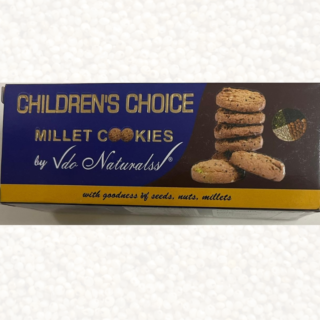 Childrens Choice Millet Cookies - 70gm
Childrens Choice Millet Cookies - 70gm
₹70.00₹53.00 -
 Dia Caare Millet Cookies 70gm
Dia Caare Millet Cookies 70gm
₹70.00₹53.00 -
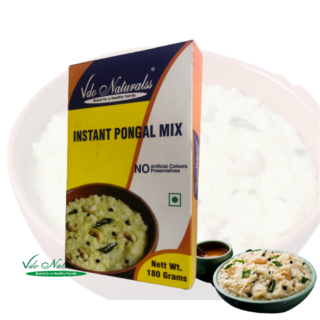 Instant Rice Pongal Mix 180gm
Instant Rice Pongal Mix 180gm
₹65.00₹49.00 -
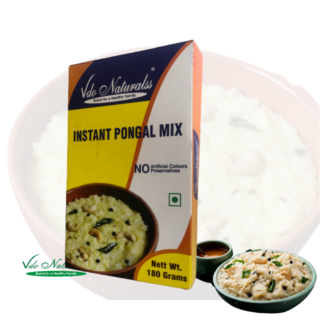 Instant Little Pongal Mix
Instant Little Pongal Mix
₹98.00₹73.00
CLIENT'S TESTOMONIAL

Varadharajan
Finest quality and wide range of cold pressed oils. Legacy and natural shop. Best place for buying any oil be that cold pressed coconut , groundnut oil. If you compare the oils available with other branded oils in the market, these are economical and of good quality. The groundnut oil sold by the store is one of the best.
Sandeep
Professional and timely handling of orders. Good customer support. Quality of products is good. Am a repeat customer now! Surprised to see negative reviews of customer support. It is after seven months after the above review: I would 100% recommend. It happened so that during my recent order on receipt I found the packaging was open and two 1 ltr coconut oil were missing, it could be during transit. Was stunned with their response and action. Amazing levels of keeping customer happy. Keep up the levels please!
The Super food for a Sustainable Future
Traditional and modern millet farming practices have a significant impact on biodiversity and crop resilience. Millets are known for their ability to grow in harsh environments and less fertile soil. They require less water than rice and wheat and are drought and pest-resistant. However, modern farming practices have led to a decline in millet cultivation and a loss of biodiversity¹.
Millets are resilient in adapting to climate change and have a lower carbon footprint compared to other cereal crops. They can grow in arid or unforgiving landscapes and require less irrigation and fewer inputs. Millets are also known to enhance soil health and reduce soil degradation².



Advances in post-harvest processing technologies for millets have led to improved nutritional value and new product development opportunities in the food industry. Millets can be processed to remove the inedible portions, extend shelf life, and improve nutritional and sensory properties³.
Millets have the potential to address malnutrition and hidden hunger in developing countries and improve the economic viability of smallholder farmers. Government policies and initiatives can play a significant role in promoting millet production and consumption².
Millets have a rich cultural heritage and are deeply rooted in Indigenous Peoples’ traditions. They have influenced contemporary food habits and continue to be an essential part of many traditional recipes and culinary practices¹.
Consumer perception and knowledge of millets have a significant influence on market demand. The growth of the millet market has the potential to become a mainstream food choice and contribute to sustainable agriculture and food systems².
Millets are a superfood for a sustainable future. They offer numerous health benefits, support biodiversity and crop resilience, and contribute to sustainable agriculture and food systems. By promoting millet production and consumption, we can address malnutrition and hidden hunger in developing countries, improve the economic viability of smallholder farmers, and create a more sustainable future for all


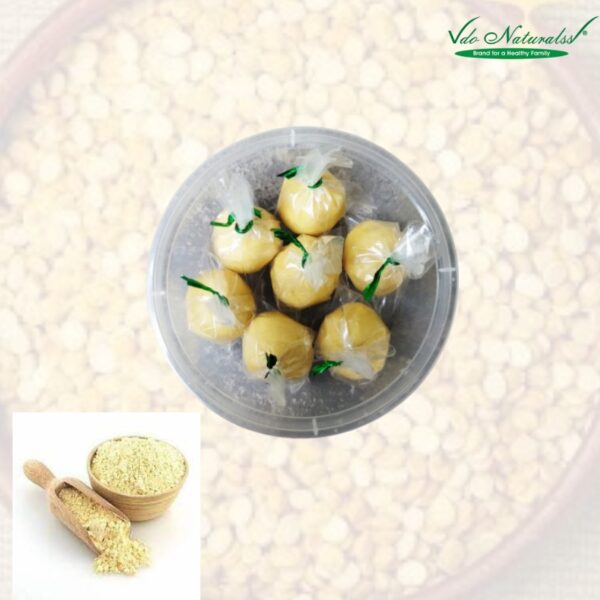 Chettinad Snacks
Chettinad Snacks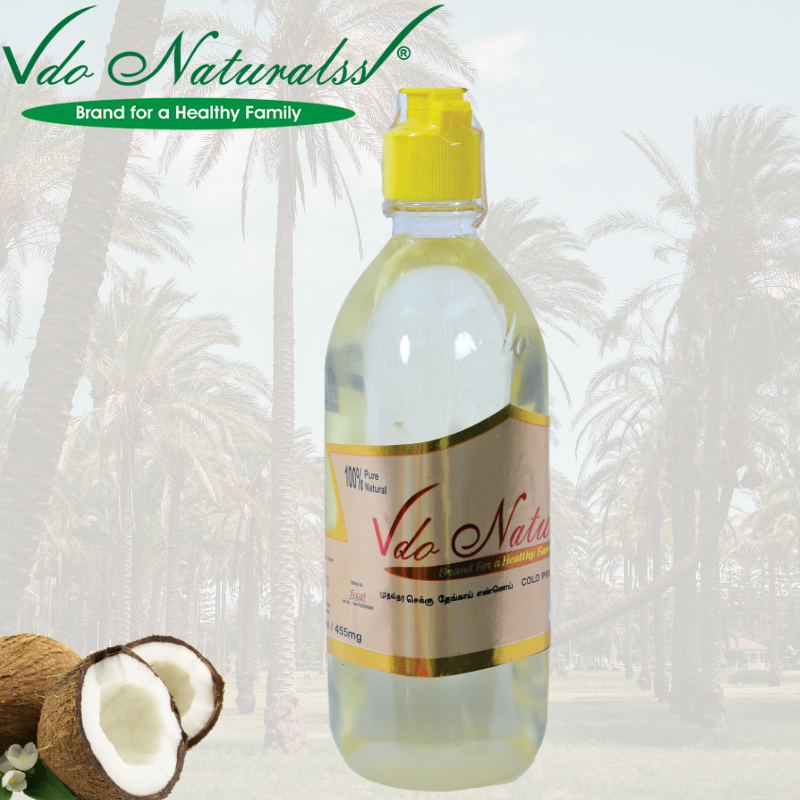 Coconut Oil
Coconut Oil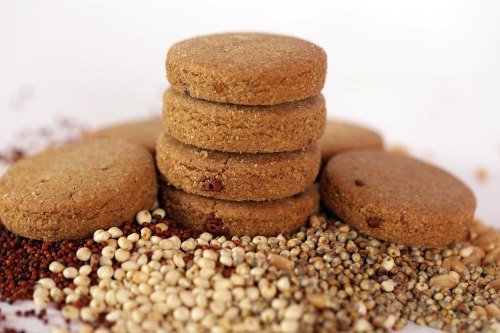 Cookies
Cookies General
General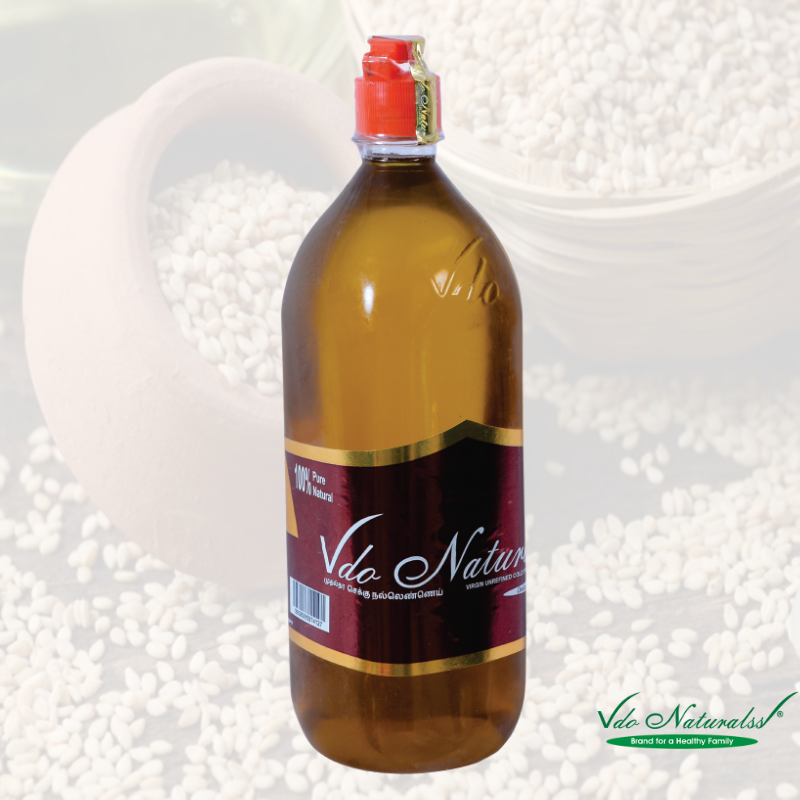 Gingelly Oil
Gingelly Oil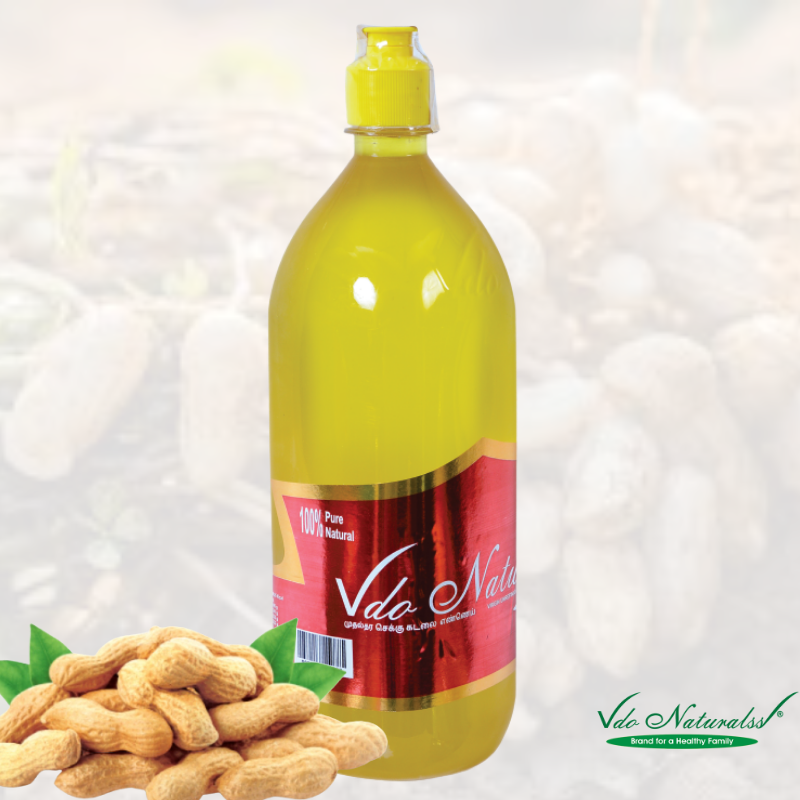 Groundnut Oil
Groundnut Oil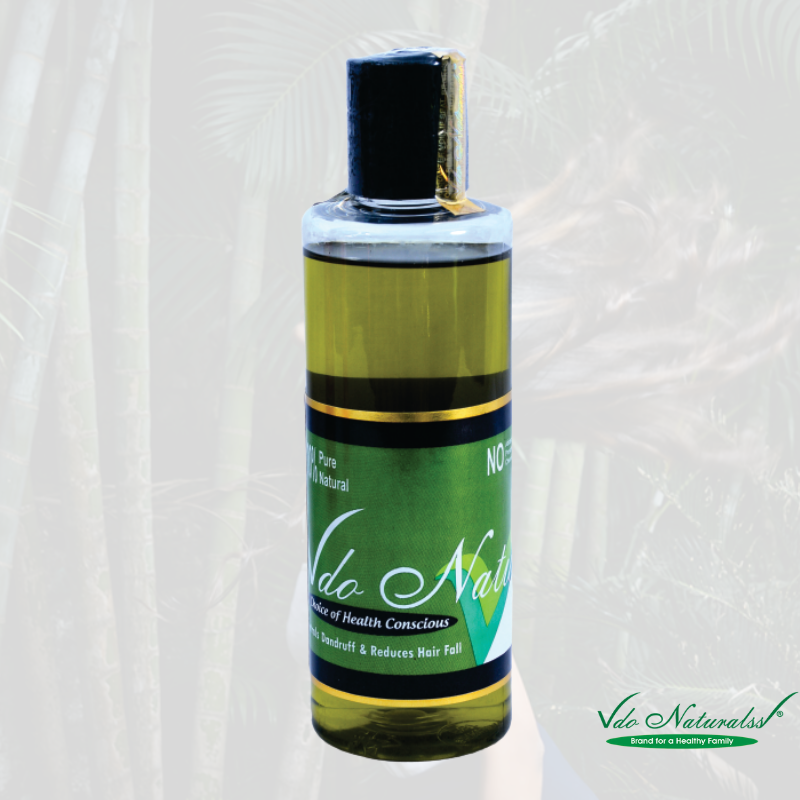 Herbal
Herbal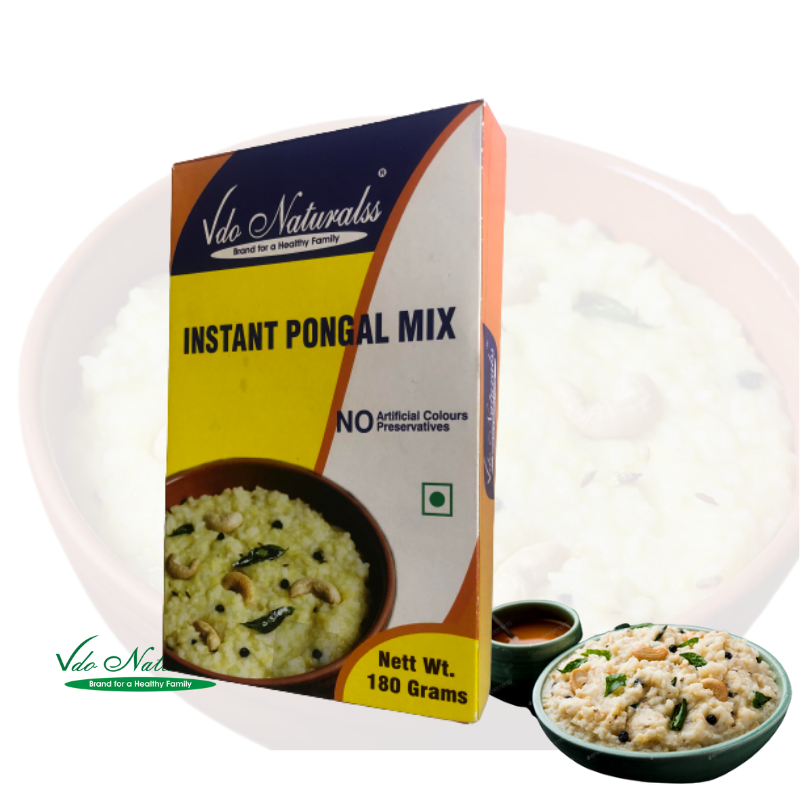 Instant Mix
Instant Mix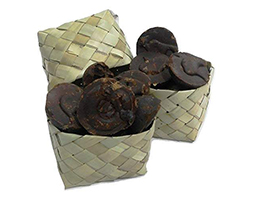 Karuppatti
Karuppatti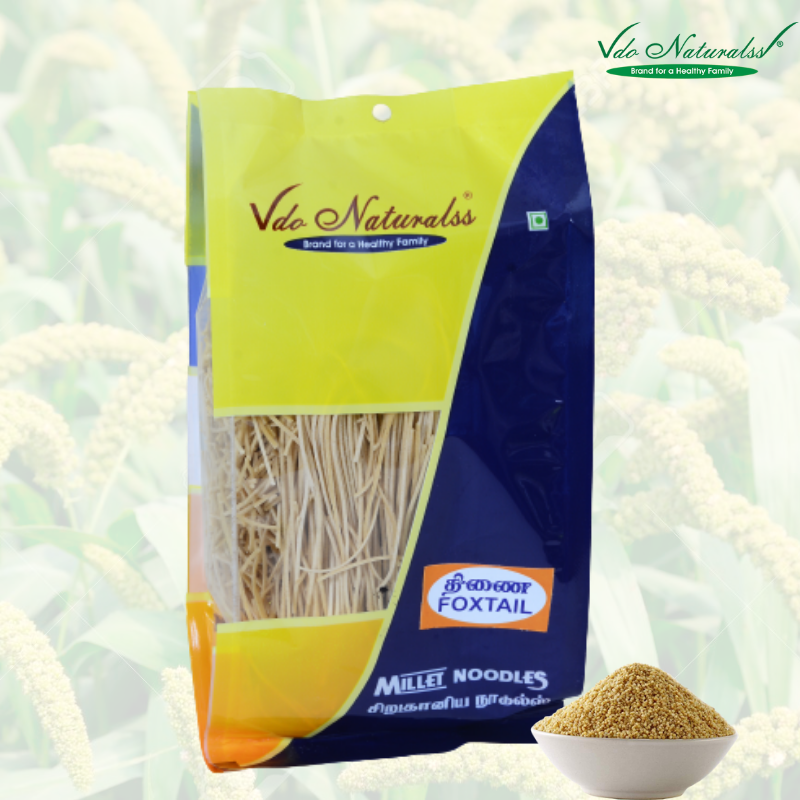 Noodles
Noodles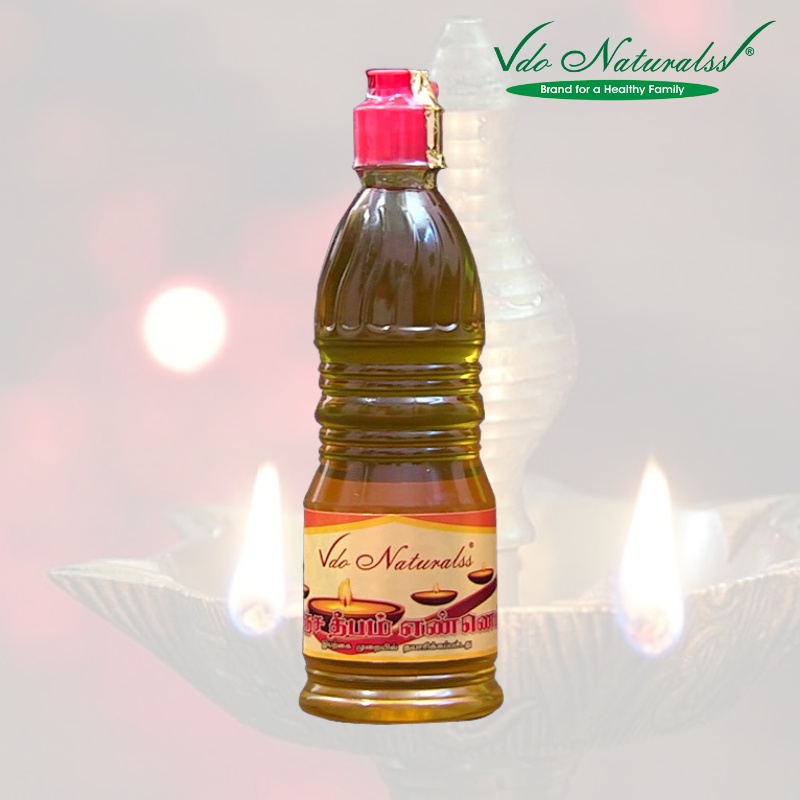 Panchadeepam Oil
Panchadeepam Oil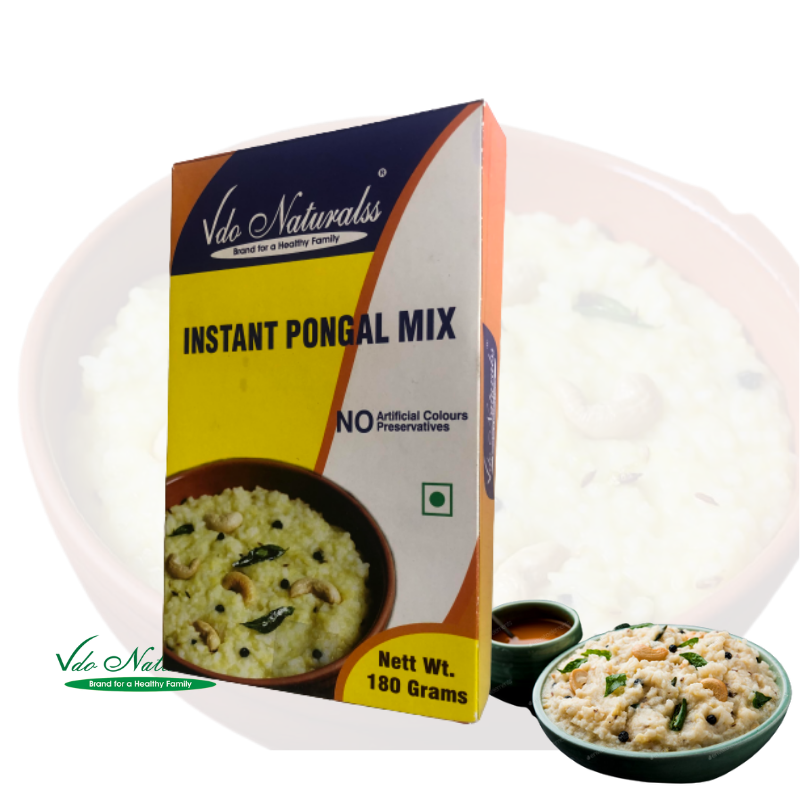 Pongal Mixes
Pongal Mixes